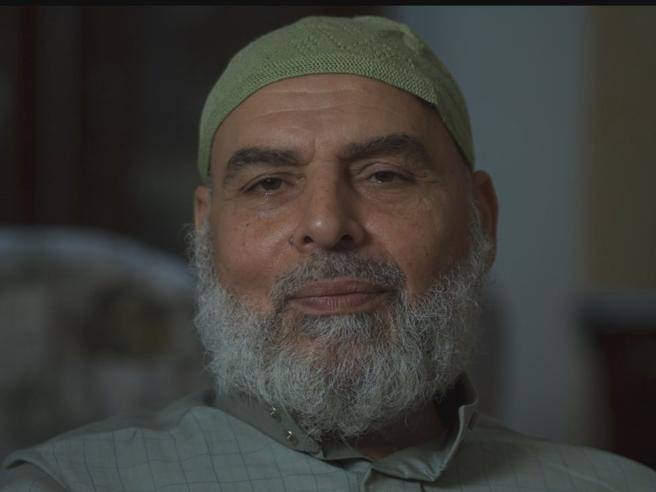The man sells soaps and household items in a little shop in the alleys of Alexandria, Egypt. He wears a short-sleeved plaid shirt. He can hardly hear from one ear, so he speaks loudly.
He explains that his deafness is a consequence of the violence he suffered in prison. The Mukhabarat, the Egyptian secret police, still “watches” him. When the CIA was watching him in Milan, he used to wear a white jalabya, baggy pants, and jackets, with his beard reaching his chest.
He was an imam. The American agents abducted him on February 17, 2003 near Viale Jenner mosque in Via Guerzoni. He was 40 years old.
In a few days, he will turn 61. In the sentences of the Milan Court, he appears both as guilty (sentenced to 6 years for terrorism) and as a victim of the extraordinary rendition organized by the CIA on the territory of a European ally, in defiance of national sovereignty and ongoing investigations. This international case still raises a dilemma: how flexible can the rules of democracy become in the face of a threat to national security?
To try to answer, we also need to ask: who is Abu Omar today? In theaters is the film about the Imam abducted in Milan by the US. More than 20 years after the case, the 61-year-old religious leader tells two Italian directors about the torture he suffered.
The Italian Court defined him as both guilty and a victim, and the American agents who violated our sovereignty were never punished. “Abu Omar: ‘I just want to die.’ For the first time, he has recounted his abduction and the torture he was subjected to in a video exclusive.
He says he is just waiting to die.” These are the words of the former ghost detainee. This is the title of the documentary Ghost Detainee – The Abu Omar Case, released on February 5th and distributed by Ilbe, which produced it with In Bloom, Flair Media Production, and La7.
A forgotten story. A truncated judicial truth. Convictions for the American agents who carried out the abduction were never enforced, and there was never a trial for the top officials of Sismi due to state secrecy.
Why revisit this case? “The passage of time takes it out of the news and allows it to be placed in a historical context,” reflect Triggiani and Loi. “We now know what the 9/11, the war on terror, and Guantanamo were.
But if the events are historical, the question about the Abu Omar case is extremely current. If we think about what is happening between Israel and Hamas, the rendition of Abu Omar returns as a powerful mirror for reflection.” The documentary, written in collaboration with journalist Luca Fazzo and dedicated to the memory of Andrea Purgatori (who had followed and supported it before his death), interweaves the testimonies of the former imam’s wife, Nabila Ghali, journalists Matthew Cole, for years at NBC News, and Sebastian Rotella, from the Los Angeles Times, the memories of magistrate Armando Spataro, who led the investigation and the trial, and finally for the first time the version of Niccolò Pollari, who was the head of the intelligence services at the time.
He claims to be totally unrelated to the events. The Milan Prosecutor’s Office did not think the same, as they requested a trial. The directors conclude: “We have tried to tell the facts in depth, without preconceived theses, so that everyone can reflect on the truths and the shadows.”
© ALL RIGHTS RESERVED
*Corriere della Sera is also on WhatsApp. Just click here to join the channel and stay updated. *
February 6, 2024 (modified on February 6, 2024 | 08:14)
© ALL RIGHTS RESERVED
